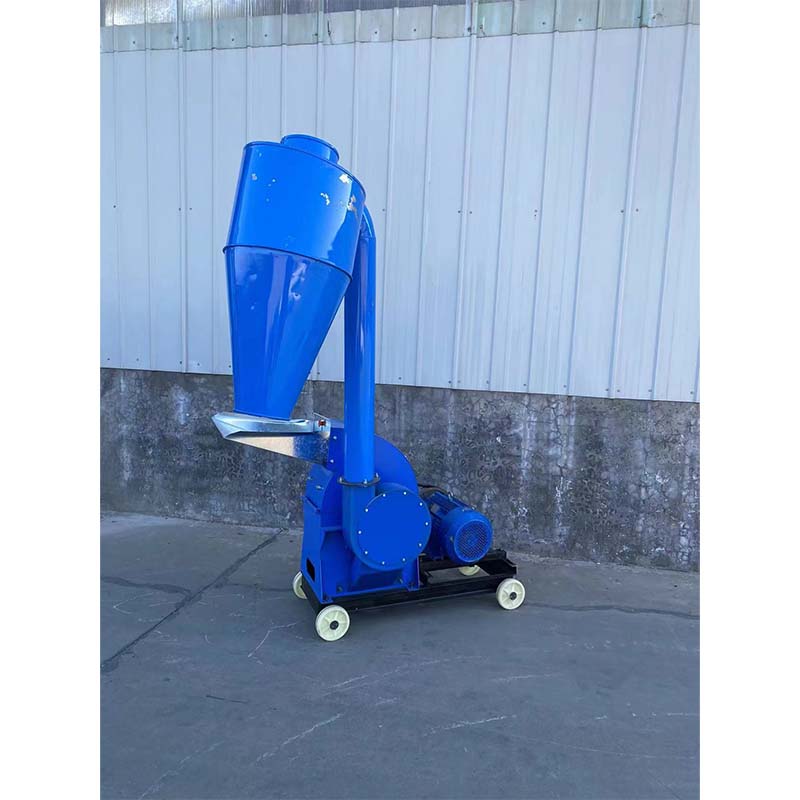Exploring the Impact of Caged Poultry Farming on Animal Welfare and Sustainable Agriculture Practices
Aug . 09, 2024 21:55 Back to list
Exploring the Impact of Caged Poultry Farming on Animal Welfare and Sustainable Agriculture Practices
The Impact of Cage Poultry Farming on Animal Welfare and the Environment
Cage poultry farming, also known as battery cage farming, has been a prevailing practice in the poultry industry for several decades. This method involves housing hens in small, confined cages to maximize efficiency and output of egg production. While it has contributed significantly to the commercial success of poultry farming, it raises serious ethical concerns and impacts both animal welfare and the environment.
Animal Welfare Concerns
One of the most pressing issues associated with cage poultry farming is the welfare of the hens. In battery cage systems, hens are often kept in cramped conditions, with several birds sharing a small space. The cages are typically designed to maximize production rather than cater to the creatures’ basic needs. Each hen often has less space than a standard sheet of paper—approximately 67 square inches—leading to severe restrictions on movement.
In such environments, hens are unable to exhibit natural behaviors. Activities that are essential for their well-being, such as nesting, perching, and dust bathing, are significantly hindered. Prolonged confinement can lead to physical and psychological distress, manifested through behaviors such as feather pecking and cannibalism. Research has shown that hens in cage systems may suffer from increased stress levels, weakened immune systems, and a lower quality of life compared to those raised in more spacious and enriched environments.
Environmental Impact
Beyond animal welfare, cage poultry farming also raises significant environmental concerns. The concentration of a large number of birds in confined spaces leads to substantial waste production. Manure and other waste products often accumulate, which can result in air and water pollution if not managed properly. Ammonia emitted from poultry waste can contribute to air quality issues, while runoff from farms can contaminate local water sources, affecting both aquatic ecosystems and human health.
cage poultry

Additionally, the intensive nature of cage poultry farming promotes high levels of antibiotic use. In an effort to prevent disease in overcrowded conditions, the application of antibiotics has become common. This practice can contribute to antibiotic resistance, posing a serious threat to public health. Contaminated runoff can introduce these resistant bacteria into the environment, creating further challenges for both agriculture and healthcare systems.
A Shift Towards Welfare-Friendly Practices
In recent years, there has been a growing movement towards more humane and environmentally sustainable practices in poultry farming. Many consumers are now demanding cage-free products, prompting companies to reevaluate their production systems. Alternative methods such as free-range, barn-raised, and cage-free housing allow hens more space and better conditions, aligning with the ideals of animal welfare and ethical farming.
Countries and regions worldwide have implemented regulations banning or phasing out battery cages. For instance, the European Union has imposed stringent welfare standards, leading to significant reductions in cage use. Meanwhile, some progressive brands in the United States and beyond have committed to cage-free policies, reflecting a broader societal shift toward responsible consumption.
Conclusion
Cage poultry farming has played a substantial role in the industrial production of eggs, but it comes at a considerable cost to animal welfare and the environment. As awareness of these issues grows, there is a clear call for transformation within the industry. By prioritizing ethical practices and promoting alternative housing systems, we can move towards a more sustainable future that respects both the animals we farm and the planet we inhabit. Consumers also hold the power to drive this change through their choices, encouraging a shift towards more humane and environmentally friendly poultry farming practices.
-
Automatic Feeding Line System-Pan Feeder Nipple Drinker|Anping County Yize Metal Products Co., Ltd.
NewsJul.29,2025
-
Hot Sale 24 & 18 Door Rabbit Cages - Premium Breeding Solutions
NewsJul.25,2025
-
Automatic Feeding Line System Pan Feeder Nipple Drinker - Anping County Yize Metal Products Co., Ltd.
NewsJul.21,2025
-
Automatic Feeding Line System Pan Feeder Nipple Drinker - Anping County Yize Metal Products Co., Ltd.
NewsJul.21,2025
-
Automatic Feeding Line System - Anping Yize | Precision & Nipple
NewsJul.21,2025
-
Automatic Feeding Line System - Anping Yize | Precision & Nipple
NewsJul.21,2025






